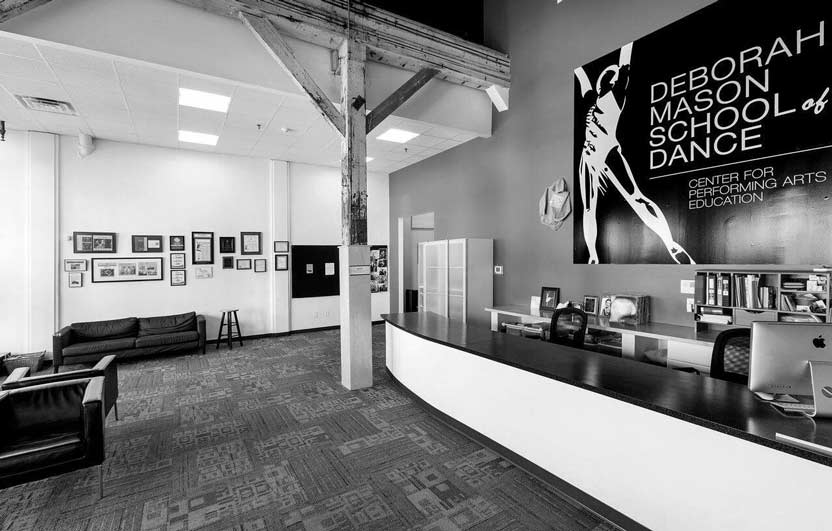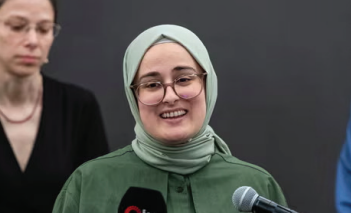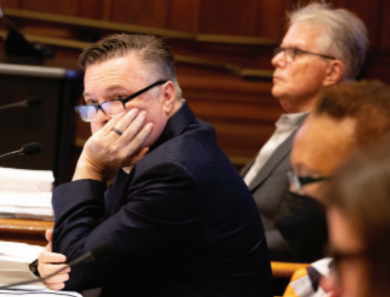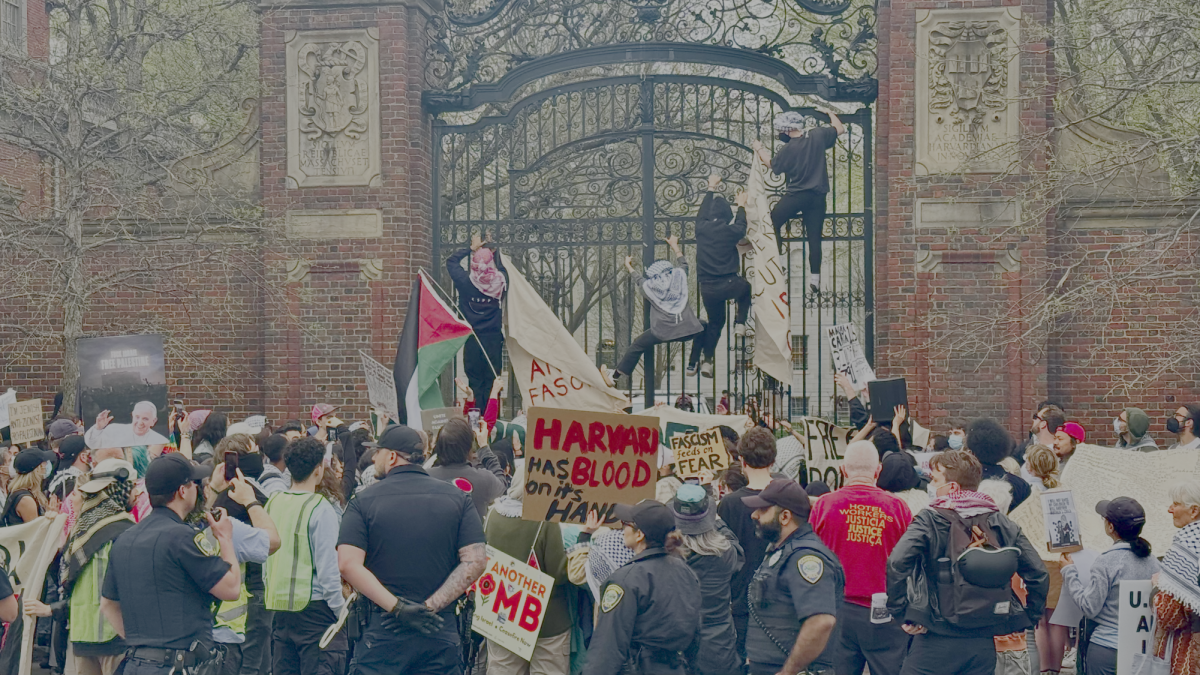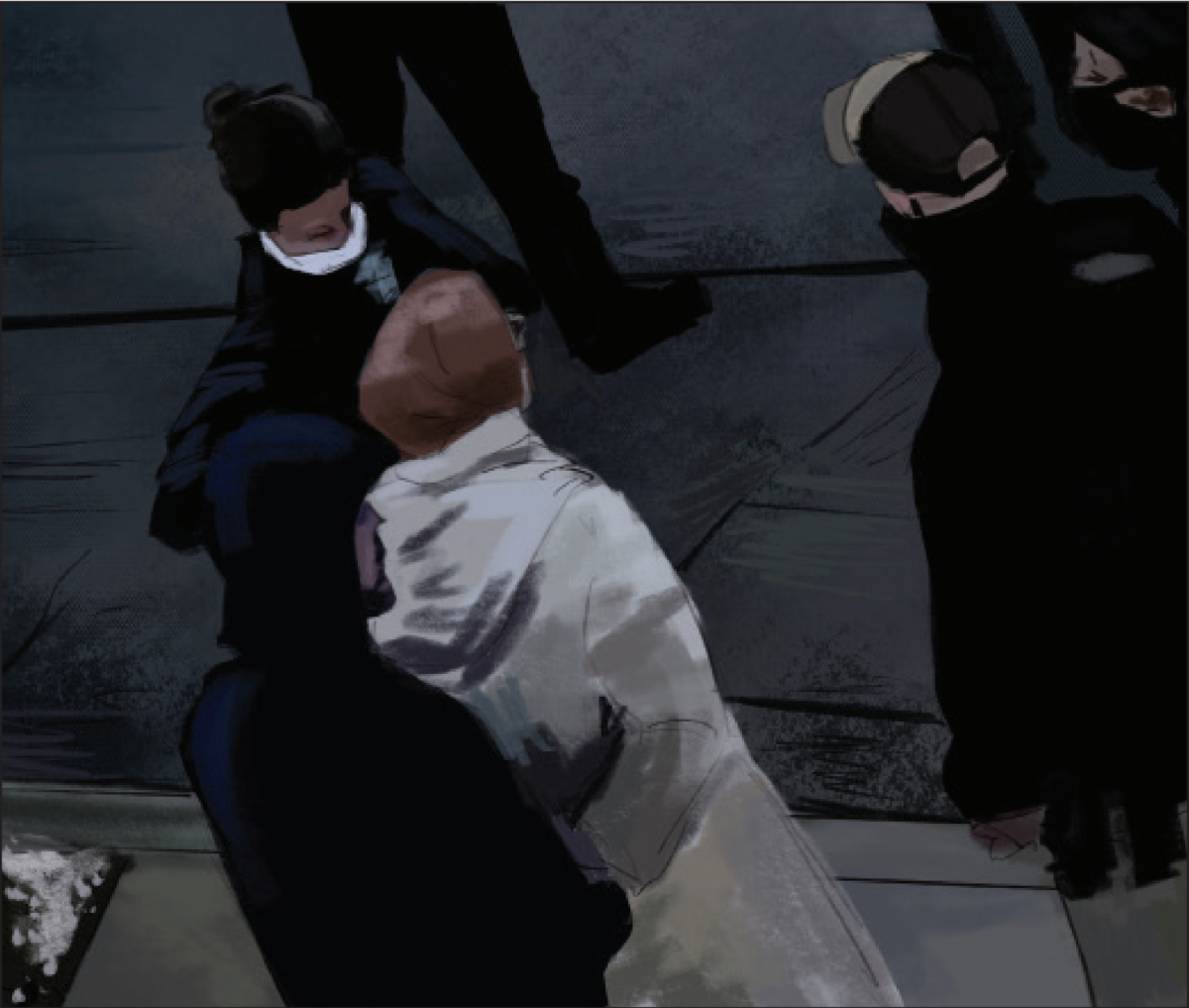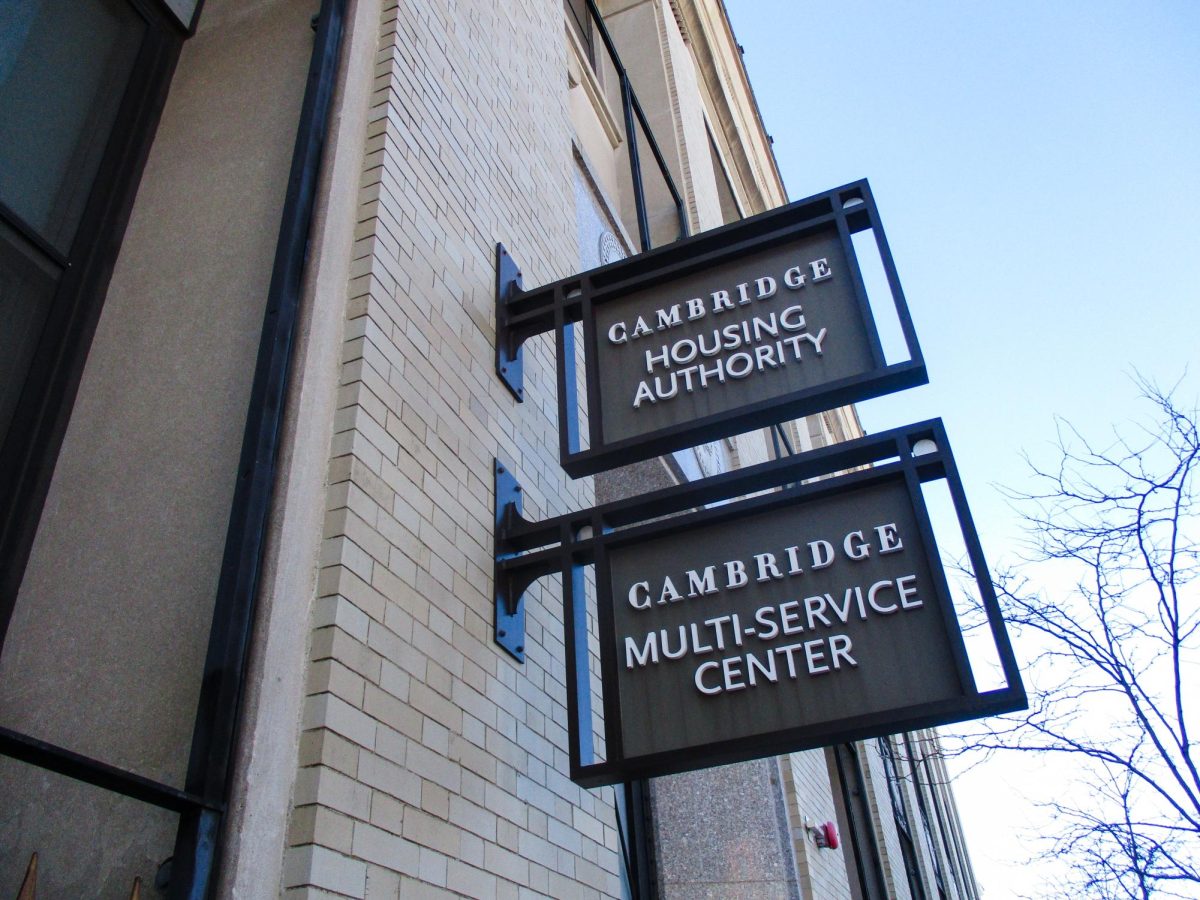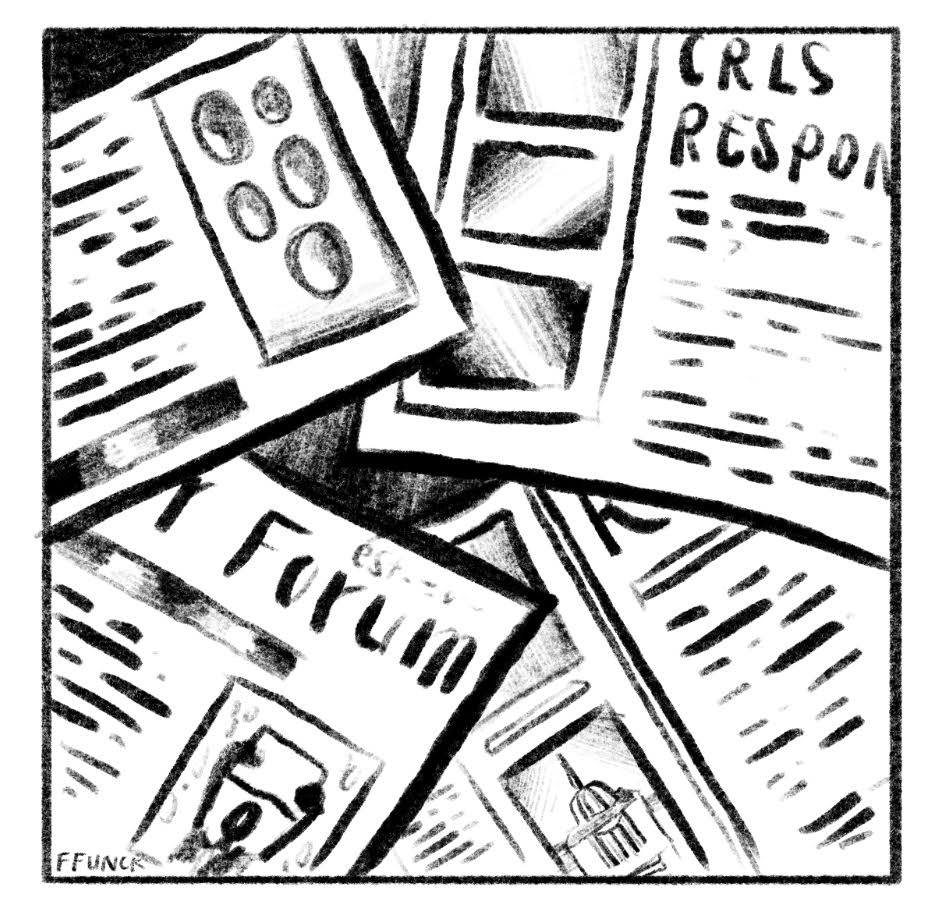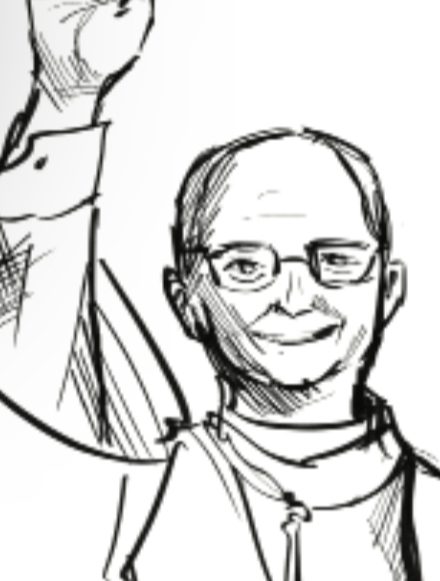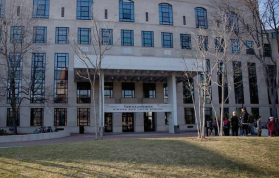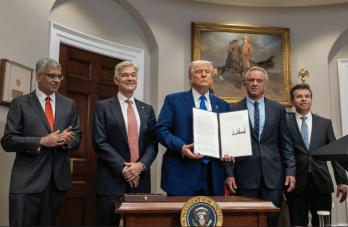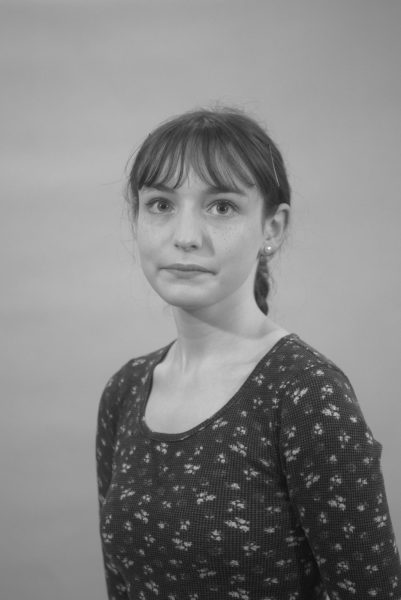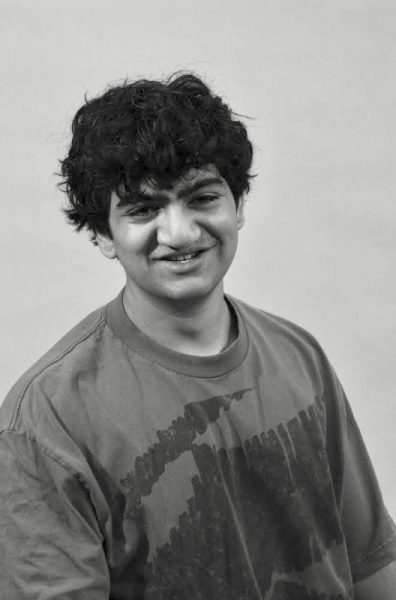
The City of Cambridge has recently altered many of its street signs; as of last month, the signs from first through eighth street have been accompanied by translations in the native Massachusett language. For example, First Street is now captioned “Nekône ta∞mâôk” (first), Second Street is captioned “Neese” (second), Third Street is captioned “Neeshwe” (third), and so on. The purpose of the change is to acknowledge the history of this land and to honor the people who lived in Cambridge before the pilgrims. The fund for this alteration, which totaled to $180,000, came from the City of Cambridge’s Participatory Budgeting, a process that allows Cambridge residents to vote for projects to spend city funds on. The translation of street names was a project that many residents voted for in 2021, and it was finally implemented this past November.
The Massachusett people have inhabited the state for over ten thousand years, building a distinct language and culture, including traditional dances, music, and storytelling. In the winter of 1620, the Pilgrims arrived in Plymouth and first encountered the tribe. The relationship between Pilgrims and the Massachusett people was friendly at first, but quickly turned hostile; the Pilgrims brought several dangerous diseases with them—most notably smallpox—which caused horrible outbreaks among the Massachusett community. There were also significant tensions concerning land and resources, with the hunting habits of the Pilgrims having detrimental impacts on the ecosystem. These tensions turned violent, and, paired with illness, the Massachusett people were almost entirely wiped out by 1635. Since then, the United States, as we know it today was formed and many argue the culture of the Massachusett people has been largely overlooked.
The City of Cambridge website confirmed the purpose of the street signs alteration, stating that these changes serve as “markers and signs that acknowledge the continuous presence of Native Peoples.” On November 29th, a ceremonial unveiling took place at the intersection between Third Street and Binney Street. The event celebrated more than 70 newly translated signs; all Cambridge residents were invited to attend the ceremony, and indigenous advocates were appointed to give speeches. Elizabeth Solomon, leader of the Massachusett Tribe at Ponkapoag, was one of these speakers. In her speech, she emphasized the importance of these new signs, explaining that they served as a reminder of how “we are all in Native space.”
The Massachusett people were the original inhabitants of our land, residing in this region for thousands of years. The majority of the community was wiped out in the early-to-mid 17th century due to fighting and illness, but their memory remains with these newly installed street signs. As Vice Mayor Marc McGovern stated at the opening ceremony, the new signs “ensure that [the Massachusett] presence is not forgotten, but instead is celebrated and woven into the fabric of our city.”
This article also appears in our January 2025 print edition.

